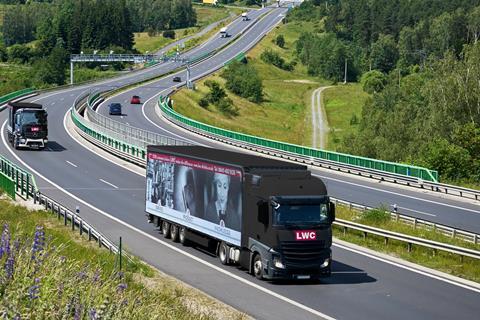
LWC Drinks is working to expand its use of HVO (hydrotreated vegetable oil) fuel for its fleet across viable depots, in a major move towards cutting emissions.
The independent drinks wholesaler, which has a fleet of 252 HGVs and 91 LGVs, ran a successful two-month trial of HVO fuel at its Andover and Wiltshire depots.
The use of HVO fuel, which is made from certified waste materials and supports the circular economy, can reduce net CO2 emissions by up to 90% compared with traditional diesel, according to LWC.
The plans mark just one of many recent changes to increase the wholesaler’s sustainability credentials, including the completion of its Scope 3 emissions report for the first time, which measures the indirect emissions in its supply chain.
LWC has also had a major overhaul of its shrink-wrap usage by eliminating hand-wrapping, upgrading wrapping machines across all depots (65% reduction in use) and switching to a material containing at least 30% recycled content.
Combined, these improvements have delivered an 81% reduction in CO2 emissions related to shrink-wrap use.
In other areas, the drinks wholesaler has replaced the 184,000 boxes it uses annually, which were previously made from virgin pulp and imported, with UK-produced boxes made from 100% recycled content.
LWC has also moved to a new uniform provider, with all-new harder-wearing kit made from 70% recycled materials. It has officially relocated its Merseyside depot to a new BREEAM-certified site, which is recognised as the global benchmark for sustainable buildings.
Last year, the business installed 160 solar panels at its Cornwall depot to generate 90,000 KWh of renewable energy annually. It joined LWC’s sites in Hereford and Aylesbury, which also benefit from solar panels.


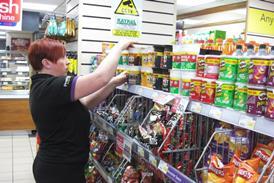

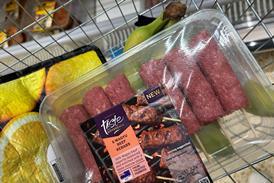



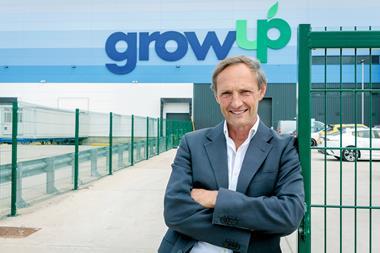
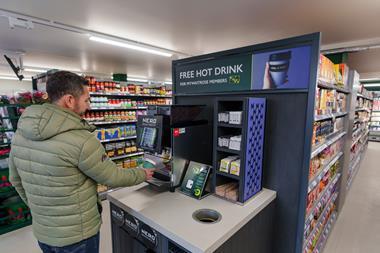
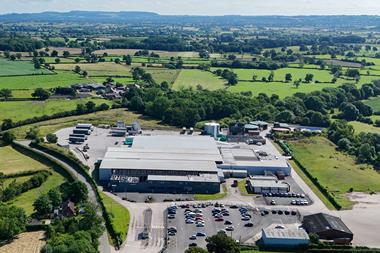
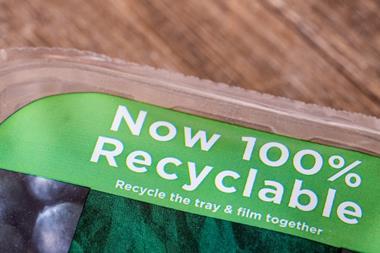



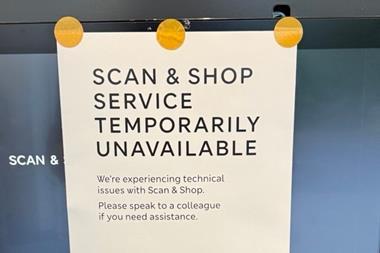

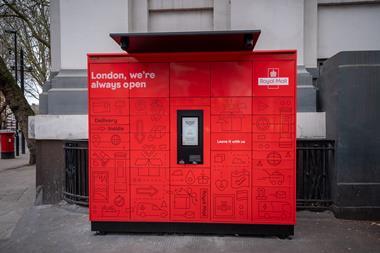
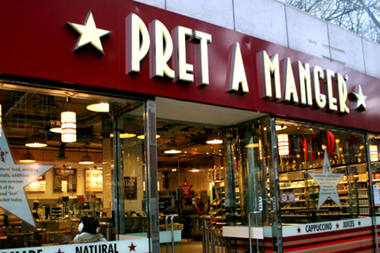
No comments yet